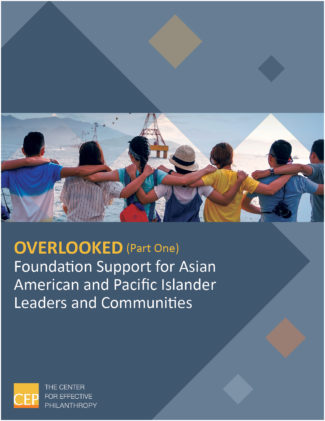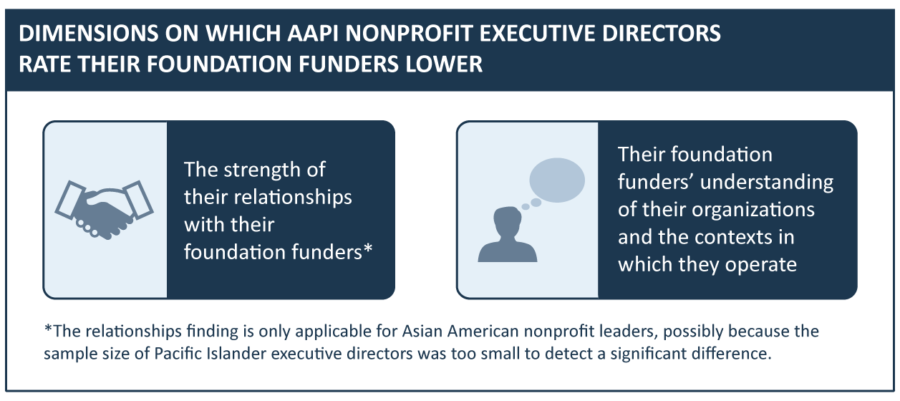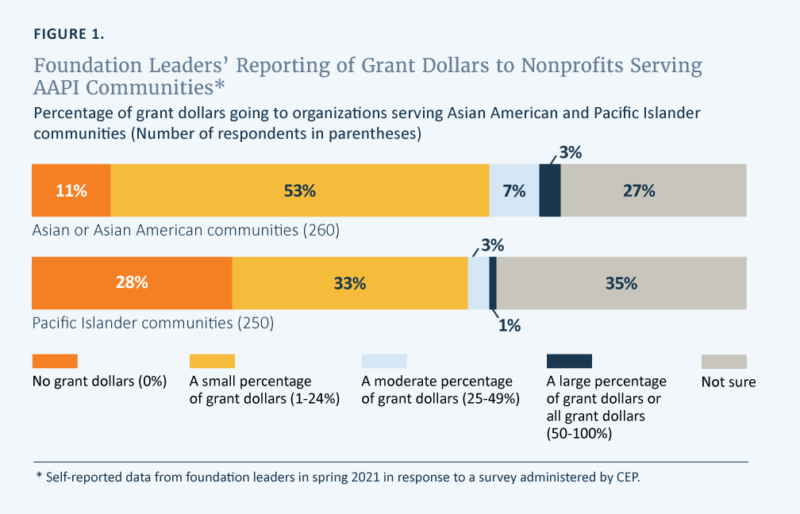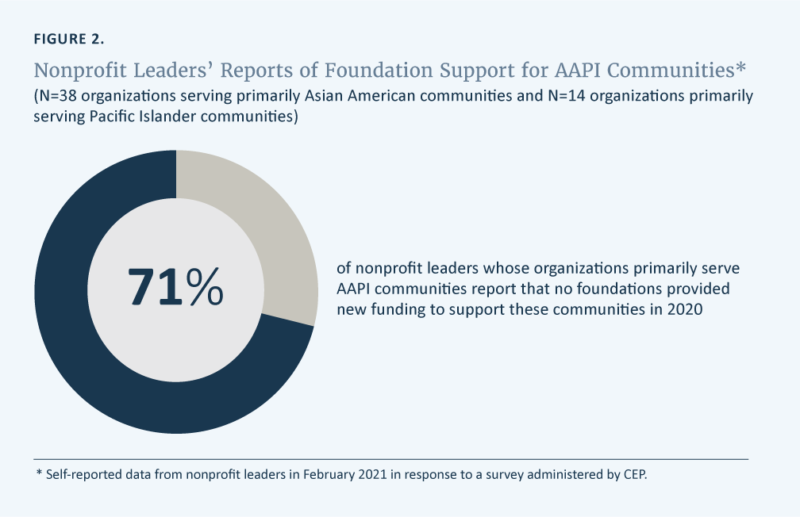Despite the significant challenges facing AAPI people, most foundations continue to overlook nonprofits that serve these communities.
Over the past two years, AAPI communities have suffered devastating consequences of the COVID-19 pandemic. Pacific Islanders have experienced one of the highest death tolls from COVID-19 in the United States.
In addition, Asian-owned small businesses rapidly lost business at the start of the pandemic due in part to discrimination surrounding the origins of the virus. Between 2019 and 2020, Asian American workers went from having the lowest unemployment rate in the country to one of the highest.
At the same time, across the country, crimes targeting people of AAPI descent have risen substantially, with more than 9,000 reported anti-Asian incidents since March 2020, and likely many more that have gone unreported.








